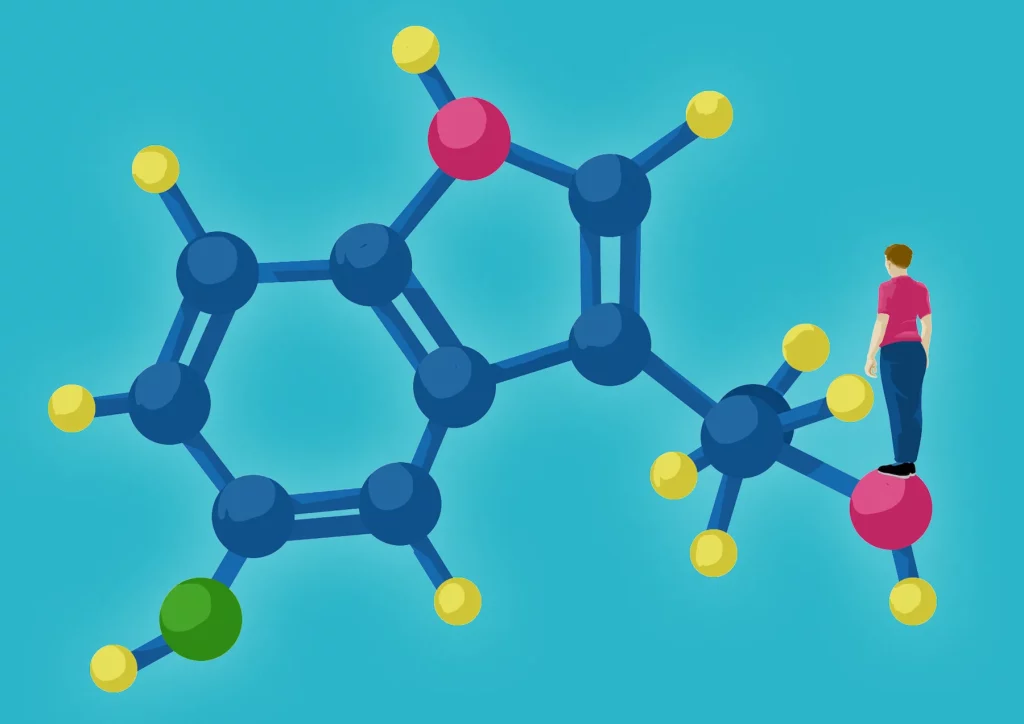Hormones are the silent conductors of the intricate orchestra that is the human body. These chemical messengers, secreted by various glands, play an indispensable role in regulating nearly every physiological process, from growth and metabolism to mood and reproduction. In this article, we’ll delve into some of the most vital hormones that govern the complex web of human biology and explore their essential functions.
Hormones and the Endocrine System
The endocrine system is a key network of glands and organs that produces and secret hormones into the bloodstream. These vital hormones travel throughout the body, affecting target cells and tissues, and help to maintain a state of balance and equilibrium known as homeostasis.
Insulin
The pancreas produces this vital hormone, and its primary role is to regulate blood sugar (glucose) levels. It allows glucose to enter cells, where it’s used for energy. Inadequate insulin production or impaired insulin sensitivity leads to diabetes mellitus, which is a condition characterized by high blood sugar levels. Maintaining proper insulin function is vital for overall health and preventing diabetes-related complications.
Thyroid Hormones (T3 and T4)
The thyroid gland produces thyroid hormones, primarily triiodothyronine (T3), and thyroxine (T4), which are critical for regulating the body’s metabolism, energy production, and temperature. An overactive thyroid (hyperthyroidism) can lead to symptoms like rapid weight loss and anxiety, while an underactive thyroid (hypothyroidism) can result in fatigue, weight gain, and depression.
Cortisol
Well known as the “stress hormone,” cortisol is produced by the adrenal glands. It plays a central role in the body’s response to any stressor, helping to regulate blood pressure, immune function, and glucose metabolism. Chronic stress and prolonged elevation of cortisol levels can have significant effects on both physical and mental health.
Growth Hormone (GH)
The pituitary gland secretes the vital growth hormone, which is instrumental in regulating growth during childhood and adolescence. In adults, GH continues to play a role in maintaining bone and muscle mass and regulating metabolism. Deficiencies in growth hormone can lead to stunted growth in children and various health issues in adults.
Estrogen and Testosterone
Estrogen and testosterone are sex hormones in women and men, respectively. These hormones influence sexual development, reproduction, and secondary sexual characteristics. However, they also have broader effects on bone health, mood, and cognitive function. Maintaining a balance is crucial for the overall well-being of both genders. You can easily check your levels with a simple estrogen or testosterone blood test.
Melatonin
The pineal gland produces melatonin, a hormone that regulates the sleep-wake cycle, which is also known as the circadian rhythm. Melatonin levels rise in the evening, signaling the body to prepare for sleep and decrease in the morning, promoting wakefulness. Disruptions in melatonin production can lead to sleep disorders and impact overall health.
Parathyroid Hormone (PTH)
The parathyroid glands secrete parathyroid hormone, which plays a pivotal role in regulating calcium levels in the blood. PTH acts to increase calcium absorption from the intestines and release calcium from bones when blood calcium levels are low. Proper calcium balance is vital for muscle function, nerve transmission, and bone health.
Leptin
Leptin is a hormone produced by adipose (fat) tissue that plays a key role in regulating appetite and body weight. It signals to the brain when the body has stored enough fat and helps to control food intake and energy expenditure. Dysregulation of leptin can contribute to obesity and related health issues.
Oxytocin
Oxytocin, often called the “love hormone” or “bonding hormone,” is produced in the hypothalamus and released by the pituitary gland. It plays a crucial role in social bonding, emotional attachment, and uterine contractions during childbirth and breastfeeding.
Adrenaline (Epinephrine)
Adrenaline, produced by the adrenal glands, is the body’s “fight or flight” hormone. It prepares the body to respond to stressors or danger by increasing heart rate, boosting energy, and dilating airways. Adrenaline is vital for survival and helps people react swiftly to threatening situations.
Read More: The Importance of Prenatal and Postnatal Vitamins
